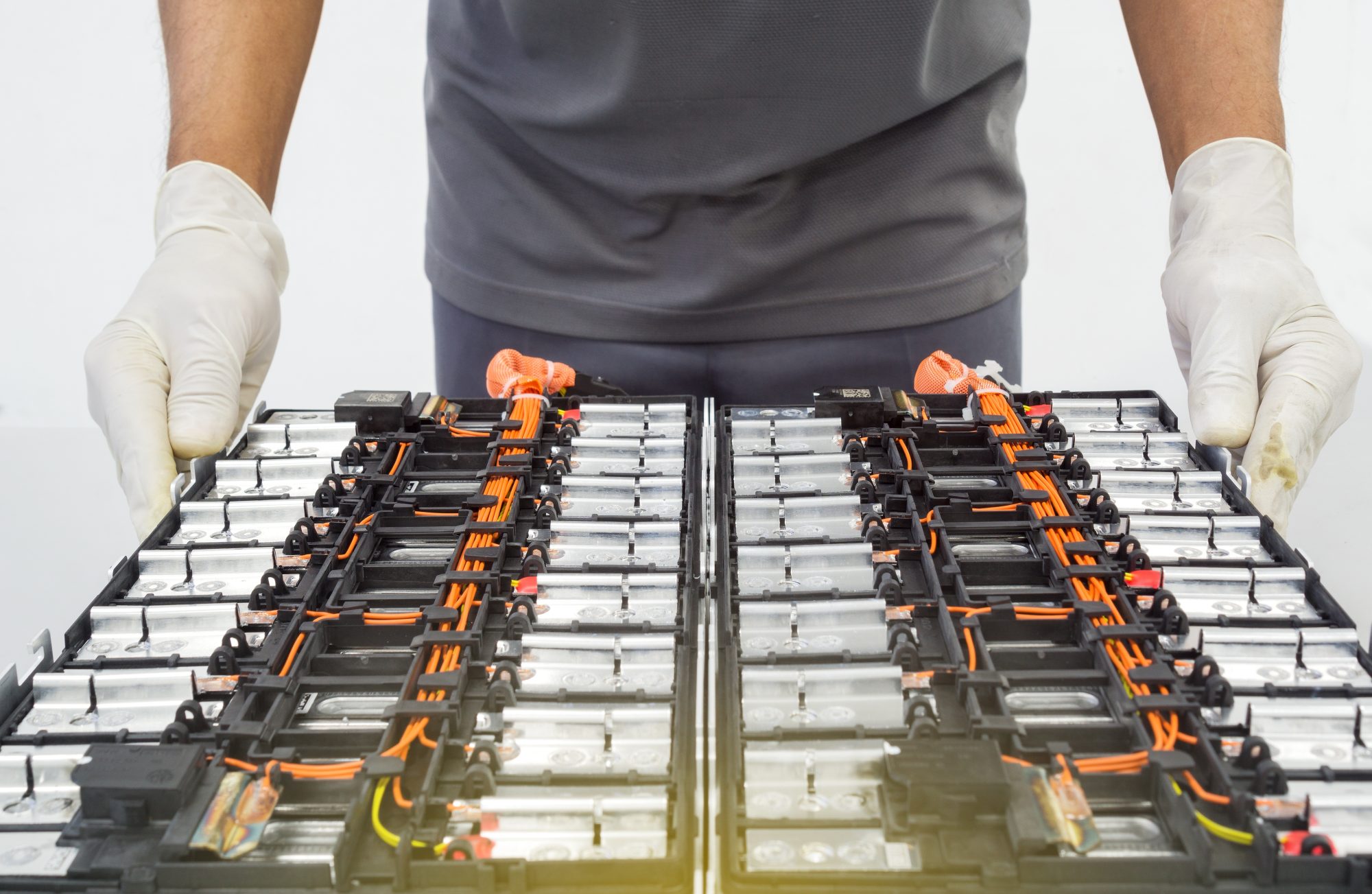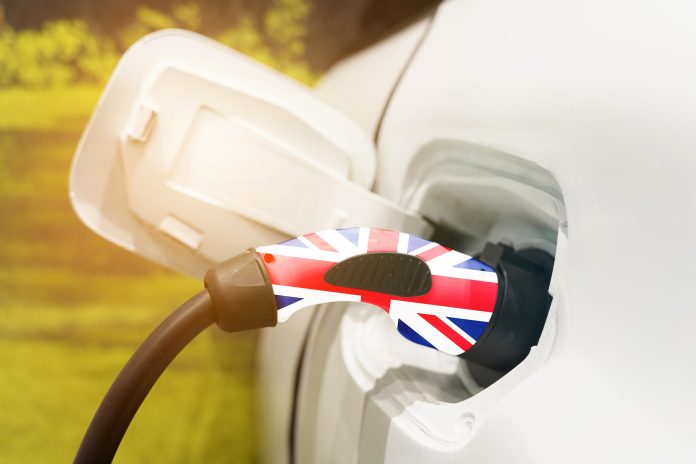Following the Labour Party’s win at the UK general election, we take a look at Labour’s electric vehicle strategy.
The UK’s automotive sector is a significant pillar of the nation’s economy, renowned for its rich history, robust manufacturing capabilities, and substantial economic contributions.
The industry employs 800,00 people and contributes £16bn to the UK economy. However, supply chain issues, high industrial energy prices, and trade barriers have seen the country fall to the 17th largest producer globally.
Moreover, the transition to electric vehicles presents a formidable challenge. Labour’s strategy, outlined in their comprehensive plan for the automotive industry, seeks to leverage this transition to reinvigorate the sector, create jobs, and position the UK as a global leader in EV technology.
Labour’s vision acknowledges the historical significance of the UK’s automotive industry, emphasising its role as a major employer and economic contributor.
Despite its storied past, the industry faces significant challenges, which the party says have been exacerbated by inconsistent government policies and a lack of strategic support under previous administrations.
Labour criticises the previous Conservative government for its failure to secure necessary battery manufacturing capacity and for creating uncertainty through policy reversals, which have hindered investment and progress in the sector.
Ensuring consistent policy
A key aspect of Labour’s electric vehicle strategy is to ensure a stable and predictable policy environment for the automotive sector.
The plan underscores the detrimental impact of the Conservative government’s previous policies, such as the delayed implementation of the zero-emission vehicles (ZEV) mandate and the rollback of the 2030 phase-out date for petrol and diesel cars.
Labour pledges to maintain the 2030 deadline, providing businesses with the certainty needed to invest confidently in EV technologies and infrastructure.
Increasing EV battery manufacturing in the UK
Labour’s electric vehicle strategy highlights the critical importance of developing domestic battery manufacturing capacity.
The party plans to use the National Wealth Fund to part-finance new gigafactories, aiming to attract private investment and establish the UK as a key player in the global EV market.

The goal is to create 80,000 new jobs, power two million electric vehicles, and add £30bn to the economy.
Recognising the challenges associated with building gigafactories, Labour proposes designating these projects as Nationally Significant Infrastructure Projects to streamline the approval process and expedite development.
Building a skilled EV workforce
The transition to EVs necessitates a significant shift in the skills required within the automotive sector. Labour identifies a potential skills gap, particularly in areas such as systems engineering, software design, and vehicle maintenance.
The Institute for the Motor Industry estimates a shortfall of skills of 25,100 EV-trained TechSafe technicians by 2030.
To address this, Labour plans to replace the current Apprenticeship Levy with a Growth and Skills Levy, providing businesses with greater flexibility to access a wider range of training courses.
Additionally, Labour will support technical colleges in specialising in skills related to the EV transition, ensuring that the workforce is equipped to meet future demands.
Charging infrastructure rollout
Consumer confidence in EVs is heavily reliant on the availability and reliability of charging infrastructure.
Labour’s electric vehicle strategy includes fixing the existing charging infrastructure, setting clear battery standards, and ensuring that EVs become accessible to all, not just the wealthy.

By improving the charging network and making EVs more affordable, Labour aims to encourage widespread adoption and reduce the lifetime costs of vehicles for consumers.
Boosting consumer confidence
Nearly half (47%) of drivers worry about electric vehicle (EV) battery life, but over half (56%) misjudge how much range they actually lose.
In fact, they believe it’s up to three times worse than reality. To address this, Labour proposes mandatory ‘Electric Vehicle Confident’ labels for new EVs. Similar to car stickers in the US, these labels would clearly show:
- Environmental impact compared to ICE vehicles
- Real-world battery range under different conditions
- Expected battery lifespan
This information would empower consumers to make informed choices when considering electric vehicles.
Reinforcing supply chains
Labour will establish a Supply Chains Taskforce to enhance key sectors like automotive by strengthening supply chains and securing domestic raw materials, including exploring lithium mining in Cornwall.
Labour aims to forge partnerships with mineral-rich allies, including the US, to ensure stable access to critical minerals. A proposed Global Clean Power Alliance would create an international buyers’ club to stabilise prices and supply by aggregating demand.
The strategy also focuses on developing material processing capabilities and promoting a circular economy to reduce dependence on imports, fostering long-term economic stability and growth.
Reducing trade barriers
Post-Brexit trade barriers have posed significant challenges to the UK automotive sector. Labour plans to work towards reducing unnecessary red tape and ensuring that British businesses are not disadvantaged by rules of origin changes.
By securing long-term research and development funding and bolstering supply chain resilience, Labour aims to enhance the sector’s competitiveness and ensure that it can thrive in a global market.
Clean energy impacts
Labour’s commitment to providing clean energy by 2030 is a cornerstone of their strategy to support the automotive sector. By ensuring a reliable and affordable energy supply, Labour aims to reduce industrial energy costs, which are currently among the highest in Europe.

This initiative is expected to benefit the automotive industry significantly, providing the necessary energy for both manufacturing and the operation of EVs.
Driving towards a sustainable future
Labour’s comprehensive plan for the automotive sector reflects a deep understanding of the industry’s challenges and potential.
This strategy not only seeks to revitalise the automotive sector but also aims to drive sustainable economic growth, create high-skilled jobs, and ensure that all segments of society feel the benefits of the EV revolution.
Labour’s vision for the electric vehicle industry represents a bold and strategic approach to navigating the complex landscape of automotive transformation.
By addressing both the immediate and long-term needs of the sector, Labour aims to ensure that the UK remains at the forefront of the global shift towards zero-emission vehicles, driving economic growth and environmental sustainability for years to come.









